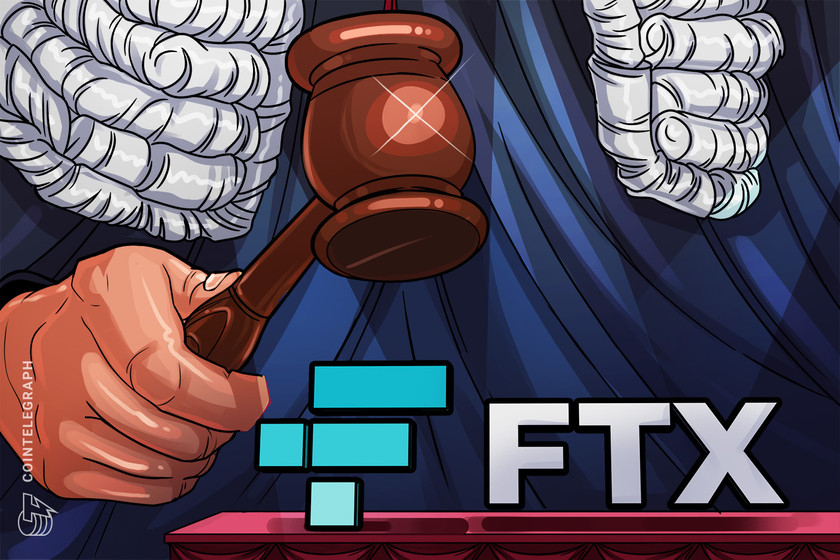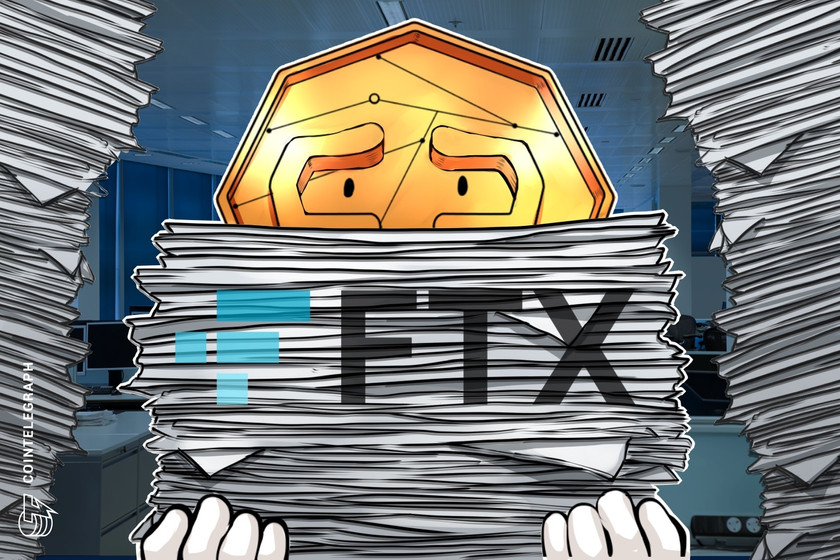Taurus starts credit tokenization as an asset class for German SMEs


Blockchain tokenization provides an alternative means for SMEs to raise capital and liquidity while building diversified investment opportunities.
Teylor, a German-based fintech firm specializing in digitizing small business loans, has joined forces with digital asset infrastructure provider Taurus to turn small and medium enterprise (SME) loans into tokenized assets and provide tokenholders with monthly cashflows.
In the partnership, Teylor originates and manages SME loans through its Teylor credit platform. By tokenizing part of this credit portfolio on the Taurus infrastructure and TDX-regulated marketplace, professional private debt investors could participate in the returns through a secure blockchain-based secondary market.
Blockchain tokenization provides an alternative means for SMEs to raise capital and build liquidity while building diversified investment opportunities. In 2021, Italy’s Azimut group tokenized its first portfolio of loans to Italian SMEs through Sygnum Bank.


















